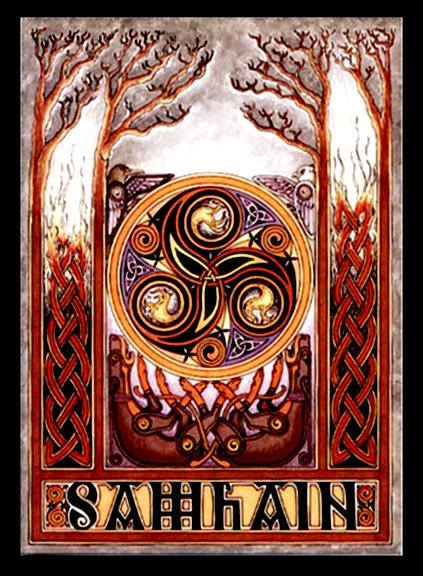Blog
Lou Donaldson (born November 1, 1926) is an American retired jazz alto saxophonist. He is best known for his soulful, bluesy approach to playing the alto saxophone, although in his formative years he was, as many were of the bebop era, heavily influenced by Charlie Parker.
Donaldson was born in Badin, North Carolina, United States. He attended North Carolina Agricultural and Technical State University in Greensboro in the early 1940s. He enlisted in the U.S. Navy during World War II and was trained at the Great Lakes bases in Chicago where he was introduced to bop music in the lively club scene.
more...Sippie Wallace (born Beulah Belle Thomas, November 1, 1898 – November 1, 1986) was an American blues singer, pianist and songwriter. Her early career in tent shows gained her the billing “The Texas Nightingale”. Between 1923 and 1927, she recorded over 40 songs for Okeh Records, many written by her or her brothers, George and Hersal Thomas. Her accompanists included Louis Armstrong, Johnny Dodds, Sidney Bechet, King Oliver, and Clarence Williams. Among the top female blues vocalists of her era, Wallace ranked with Ma Rainey, Ida Cox, Alberta Hunter, and Bessie Smith.
In the 1930s, she left show business to become a church organist, singer, and choir director in Detroit and performed secular music only sporadically until the 1960s, when she resumed her performing career. Wallace was nominated for a Grammy Award in 1982 and was inducted into the Michigan Women’s Hall of Fame in 1993. Wallace was born in the Delta lowlands of Jefferson County, Arkansas, one of 13 children in her family.
more...Israeli & Arabic cultures unite in music
more...Halloween’s origin is ancient and astronomical. Since the fifth century BC, Halloween has been celebrated as a cross-quarter day, a day halfway between an equinox (equal day / equal night) and a solstice (minimum day / maximum night in the northern hemisphere). With a modern calendar however, even though Halloween occurs today, the real cross-quarter day will occur next week. Another cross-quarter day is Groundhog Day. Halloween’s modern celebration retains historic roots in dressing to scare away the spirits of the dead. Perhaps a fitting tribute to this ancient holiday is this closeup view of the Wizard Nebula (NGC 7380). Visually, the interplay of stars, gas, and dust has created a shape that appears to some like a fictional ancient sorcerer. Although the nebula may last only a few million years, some of the stars being conjured from the gas by the great gravitational powers may outlive our Sun.
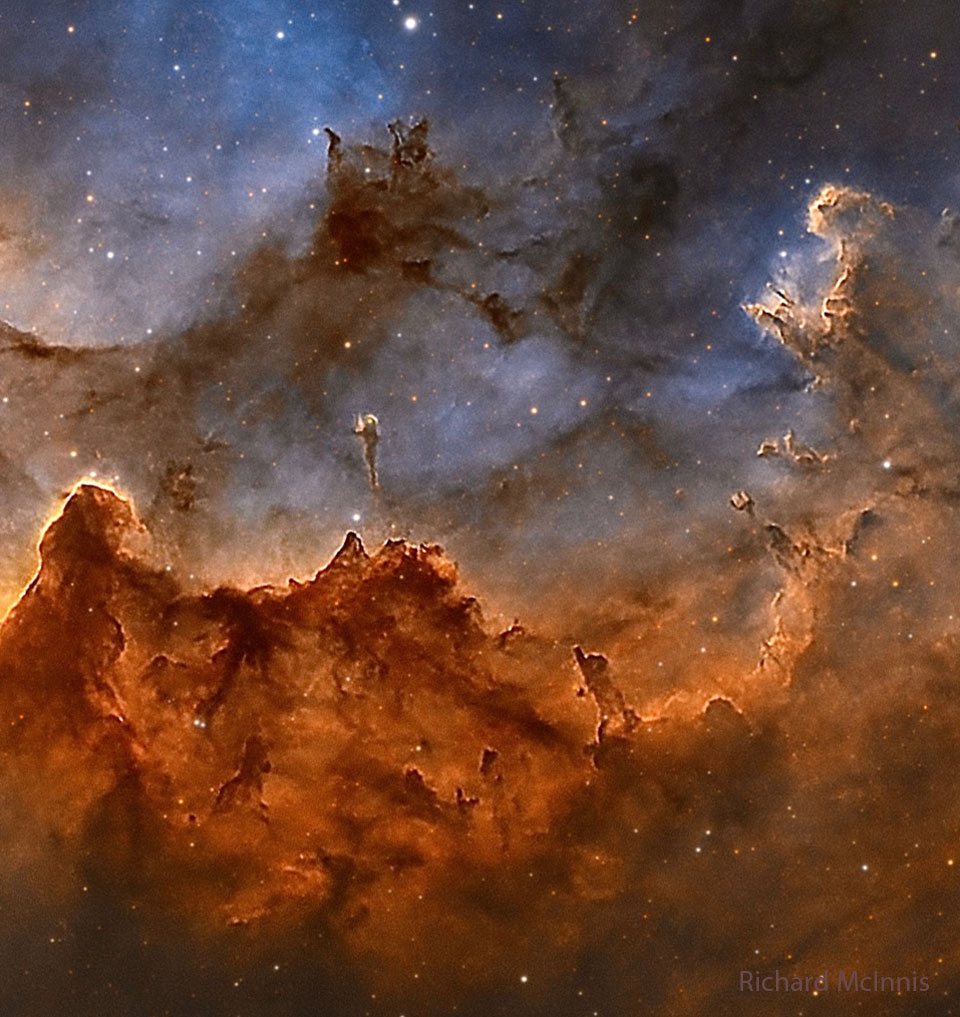
more...
John Payne Guerin (October 31, 1939 – January 5, 2004) was an American percussionist. He was a proponent of the jazz-rock style.
Guerin was born in Hawaii and raised in San Diego. As a young drummer, he began performing with Buddy DeFranco in 1960. In the late 1960s, he moved to Los Angeles where his drum work was utilized by artists including Frank Sinatra, The Beach Boys, George Harrison, Frank Zappa, The Animals, Joni Mitchell, Them, Thelonious Monk, Lou Rawls, Ray Conniff, George Shearing, Peggy Lee, Ella Fitzgerald, Linda Ronstadt, Nelson Riddle and many others.
From July 1972 to January 1973, he was the drummer for The Byrds and joined the L.A. Express later that year. The band served as Joni Mitchell’s back-up band on tour during the mid- to late-1970s; Guerin had a brief relationship with Mitchell during that time. She later wrote the song Hejira about leaving him.
more...Ali Ibrahim “Ali Farka” Touré (31 October 1939 – 6 March 2006) was a Malian singer and multi-instrumentalist, and one of the African continent’s most internationally renowned musicians. His music blends traditional Malian music and its derivative, African American blues and is considered a pioneer of African desert blues. Touré was ranked number 76 on Rolling Stone‘s list of “The 100 Greatest Guitarists of All Time” and number 37 on Spin magazine‘s “100 Greatest Guitarists of All Time”.
Some years after his death, a group of musicians playing in his style performed as the Ali Farka Touré Allstars (2012), and later the Ali Farka Touré Band (formed 2014).
more...Booker Telleferro Ervin II (October 31, 1930 – August 31, 1970) was an American tenor saxophoneplayer. His tenor playing was characterised by a strong, tough sound and blues/gospel phrasing. He is remembered for his association with bassist Charles Mingus.
Ervin was born in Denison, Texas, United States. He first learned to play trombone at a young age from his father, who played the instrument with Buddy Tate. After leaving school, Ervin joined the United States Air Force, stationed in Okinawa, Japan, during which time he taught himself tenor saxophone. After completing his service in 1953, he studied at Berklee College of Music in Boston, Massachusetts. Moving to Tulsa in 1954, he played with the band of Ernie Fields.
Ervin died of kidney disease in New York City in 1970, aged 39. Most biographical accounts of Ervin’s death give an incorrect date. His gravestone in The National Cemetery, East Farmingdale, New York, clearly shows the date as August 31, 1970.
more...Jean-Baptiste Illinois Jacquet (October 30, 1922 – July 22, 2004) was an American jazz tenor saxophonist, best remembered for his solo on “Flying Home“, critically recognized as the first R&Bsaxophone solo.
Although he was a pioneer of the honking tenor saxophone that became a regular feature of jazz playing and a hallmark of early rock and roll, Jacquet was a skilled and melodic improviser, both on up-tempo tunes and ballads. He doubled on the bassoon, one of only a few jazz musicians to use the instrument.
Jacquet’s parents were Creoles of color, named Marguerite Trahan and Gilbert Jacquet, When he was an infant, his family moved from Louisiana to Houston, Texas, and he was raised there as one of six siblings. His father was a part-time bandleader. As a child he performed in his father’s band, primarily on the alto saxophone. His older brother Russell Jacquet played trumpet and his other brother Linton played drums.
more...Rhythm Roots Workshop @ St Therese Senior Communities
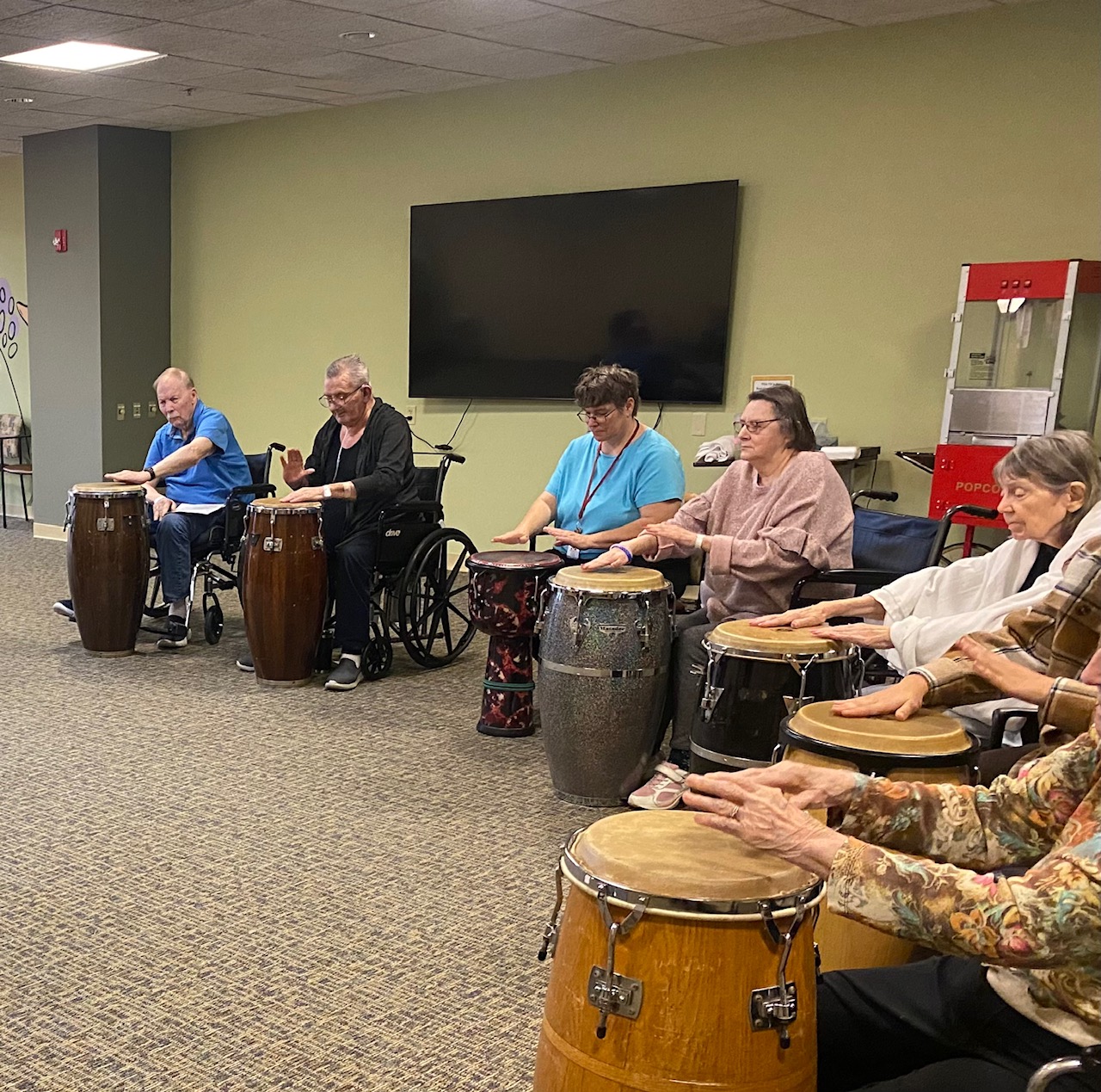
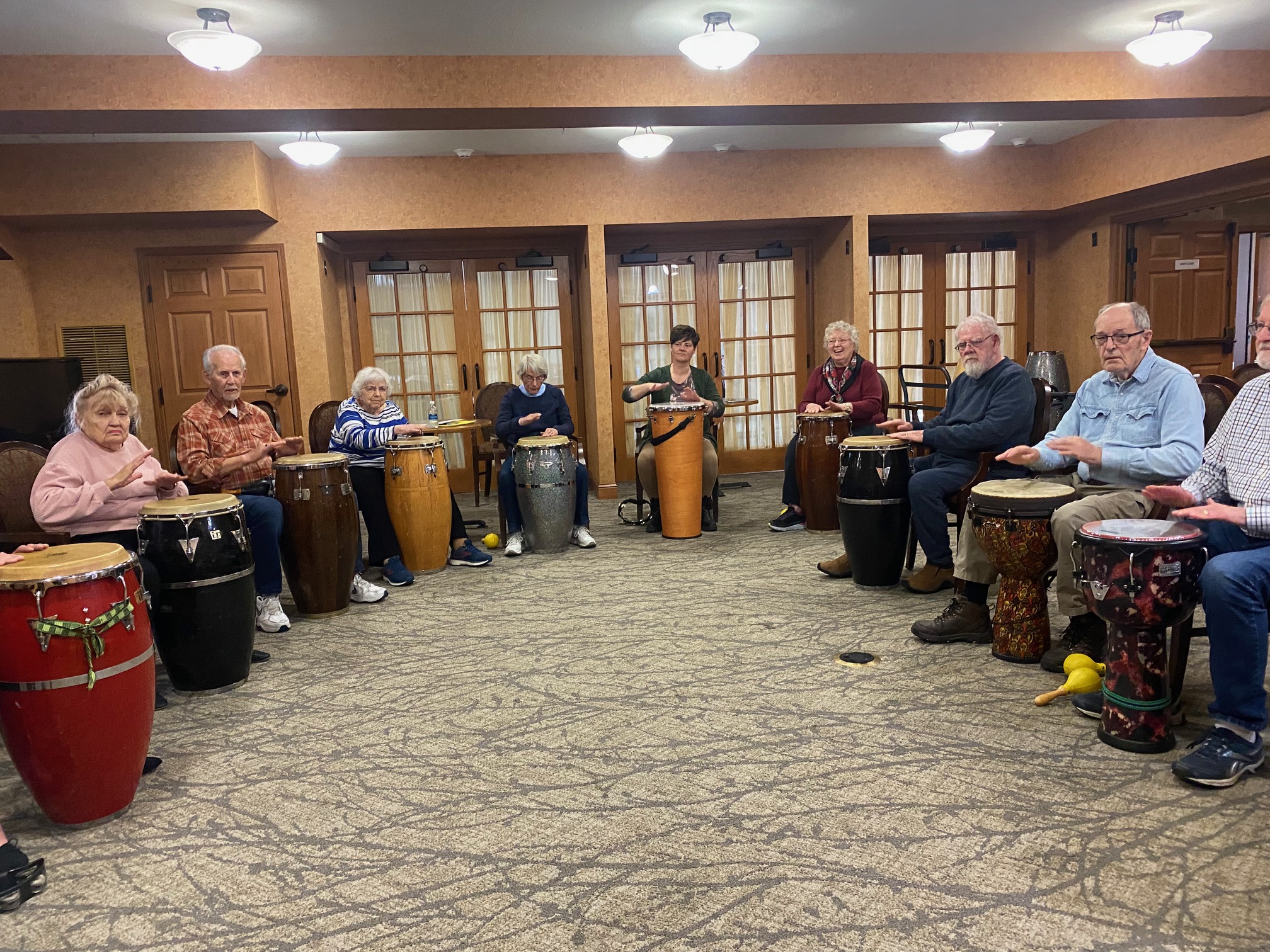
This vibrant and dynamic-looking image features the spiral galaxy NGC 1566, which is sometimes informally referred to as the ‘Spanish Dancer Galaxy’. Like the subject of another recent Hubble Picture of the Week, NGC 1566 is a weakly-barred or intermediate spiral galaxy, meaning that it does not have either a clearly present or a clearly absent bar-shaped structure at its centre. The galaxy owes its nickname to the vivid and dramatic swirling lines of its spiral arms, which could evoke the shapes and colours of a dancer’s moving form. NGC 1566 lies around 60 million light-years from Earth in the constellation Dorado, and is also a member of the Dorado galaxy group.
Galaxy groups are assemblages of gravitationally bound galaxies. Groups differ from galaxy clusters in size and mass: galaxy clusters may contain hundreds of galaxies, whereas groups might contain several tens of galaxies. That said, there is not a precise delineation between the definition of a galaxy group and a galaxy cluster. Some astronomers have proposed that the definitions be sharpened up, with one suggestion that galaxy aggregations with less mass than 80 trillion Suns should qualify as galaxy groups.
The Dorado group has had a fluctuating membership over the past few decades, with various scientific papers changing its list of constituent galaxies. As an example of why it is so challenging for astronomers to pin down members of groups such as the Dorado group, we can imagine a photograph of an adult human and a large oak tree. We have foreknowledge of the approximate size of the person and the tree, so if we were to see a photo where the person appeared roughly the same size as the tree, then we would be able to guess that, in reality, the person was positioned much closer to the camera than the tree was, giving the false impression that they were the same size. When working out members of a galaxy group, astronomers are not necessarily equipped with the knowledge of the size of the individual galaxies, and so have to work out whether galaxies really are relatively close together in space, or whether some of them are actually much closer or much further away. This has become easier with more sophisticated observation techniques, but still sometimes presents a challenge.
[Image Description: A spiral galaxy. The entire galaxy is displayed, centred and face-on to the viewer. It has two spiral arms that each make only a half-turn from start to finish, resembling the shape of a comma. Lanes of dark dust follow the arms into the centre, and split into many fibres that swirl around the glowing galactic core. Bright pink blooms along the arms show areas of new star formation.]
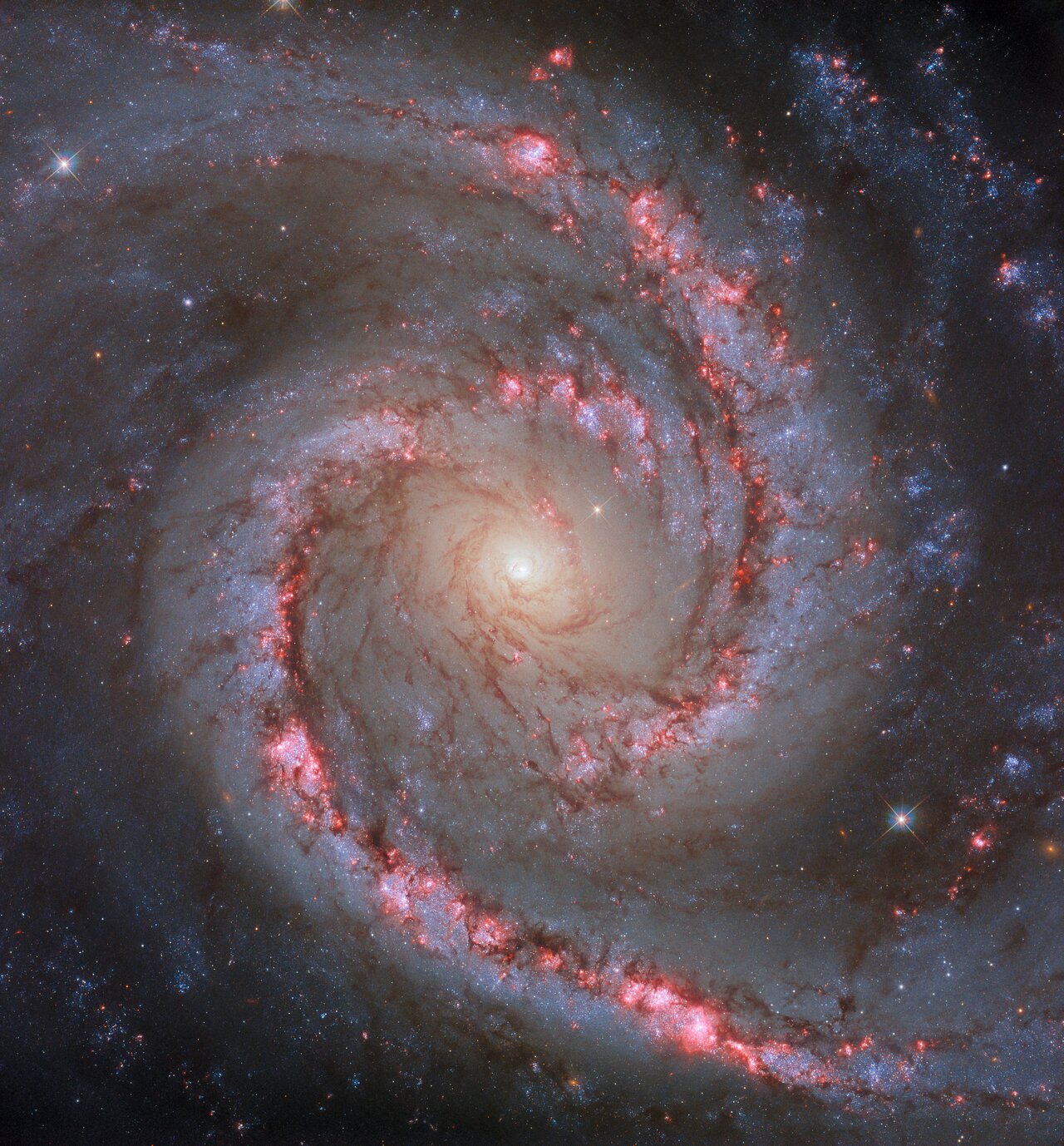
more...
Grace Slick (born Grace Barnett Wing; October 30, 1939) is an American painter and retired musician whose musical career spanned four decades. Slick was a prominent figure in San Francisco‘s psychedelicmusic scene during the mid-1960s to the early 1970s.
Initially performing with the Great Society, Slick achieved fame as the lead singer and frontwoman of Jefferson Airplane and the subsequent spinoff bands Jefferson Starship and Starship. Slick and Jefferson Airplane achieved significant success and popularity with their 1967 studio album Surrealistic Pillow, which included the top-ten US Billboard hits “White Rabbit” and “Somebody to Love“.
With Starship, she sang co-lead for two number one hits, “We Built This City” and “Nothing’s Gonna Stop Us Now“. She has released four studio albums as an independent artist. Slick retired from music in 1990, but continues to be active in visual arts. Slick was inducted into the Rock and Roll Hall of Fame in 1996 as a member of Jefferson Airplane.
Grace Barnett Wing was born October 30, 1939, in the Chicago suburb of Highland Park, Illinois, to Ivan Wilford Wing (1907–1987), of British descent, and Virginia Wing (née Barnett; 1909–1983). Her parents met while they were both students at the University of Washington, and later married. In 1949, her brother Chris was born.
more...Trilok Gurtu (born 30 October 1951) is an Indian percussionist and composer whose work has blended the music of India with jazz fusion and world music.
He has worked with Terje Rypdal, Gary Moore, John McLaughlin, Jan Garbarek, Joe Zawinul, Michel Bisceglia, Bill Laswell, Maria João & Mário Laginha, and Robert Miles.
more...Poncho Sánchez (born Filoberto Sanchez, October 30, 1951) is an American conguero(conga player), Latin jazz band leader, and salsa singer. In 2000, he and his ensemble won the Grammy Award for Best Latin Jazz Album for their work on the Concord Picante album Latin Soul. Sanchez has performed with artists including Cal Tjader, Mongo Santamaría, Hugh Masekela, Clare Fischer, and Tower of Power.
The youngest of eleven children, Poncho Sanchez was born in Laredo, Texas and reared in Norwalk, California, while he attended Cerritos College. Growing up, he was exposed to and influenced by two different styles of music: Afro-Cuban music (mambo, son, cha-cha, rumba, guaracha, and Changui) by Tito Puente and others, and bebop jazz, including the works of Dizzy Gillespie and Charlie Parker.
more...Clifford Benjamin Brown (October 30, 1930 – June 26, 1956) was an American jazz trumpeter and composer. He died at the age of 25 in a car crash, leaving behind four years’ worth of recordings. His compositions “Sandu”, “Joy Spring”, and “Daahoud” have become jazz standards. Brown won the DownBeat magazine Critics’ Poll for New Star of the Year in 1954; he was inducted into the DownBeat Hall of Fame in 1972.
Brown was born into a musical family in Wilmington, Delaware. His father organized his four sons, including Clifford, into a vocal quartet. Around age ten, Brown started playing trumpet at school after becoming fascinated with the shiny trumpet his father owned. At age thirteen, his father bought him a trumpet and provided him with private lessons. In high school, Brown received lessons from Robert Boysie Lowery and played in “a jazz group that Lowery organized”, making trips to Philadelphia.
more...More Posts
- World Music with Deepak Ram
- Daily Roots with Bunny Wailer
- Performing with Soul Tight Committee 7-21-18
- The Cosmos with LL Pegasi
- Cat Stevens Day
- Sonny Clark Day
- World Music with Bamba Wassoulou Groove
- Daily Roots with the Abyssinians
- The Cosmos with NGC 6729
- Carlos Santana Day
- Ernie Wilkins Day
- World Music with Vicente Amigo
- Daily Roots with Earth & Stone
- The Cosmic with ARP 336
- Phil Upchurch Day
- Buster Bailey Day
- World Music with Che Sudaka
- Daily Roots with Israel Vibration
- The Cosmos with W3
- Screaming Jay Hawkins Day
